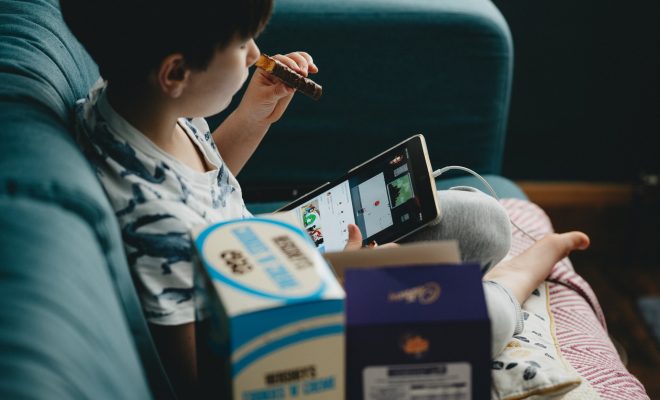19 Techniques to Teach Kids to Not Interrupt Classmates During Learning Experiences

Are you looking for techniques to teach kids not to interrupt classmates during learning experiences? If so, keep reading.
1. Praise those students in the classroom who demonstrate on-task behavior.
2. Give the learner many chances for social and academic success.
3. Plan leisure activities for the end of the day. Make participation in these learning activities dependent upon appropriate behavior during quiet activity periods.
4. Take the learner away from the learning experience until they can demonstrate appropriate behavior and self-control.
5. Provide students with frequent chances to interact with one another (e.g., before and after school, between learning activities, etc.).
6. Minimize learning activities that might threaten the learner (e.g., announcing test scores aloud, making learners read aloud in class, overly praising the success of high achievers, etc.).
7. Organize their surroundings in such a way as to limit chances for the learner to talk to other students during quiet activity periods (e.g., keep the learner engaged in learning activities, have the learner seated near the teacher, etc.).
8. Teach appropriate social rituals (e.g., say, “Excuse me,” before interrupting; wait until someone stops speaking to begin talking, etc.).
9. Attempt several groupings to ascertain the situation in which the learner is most comfortable.
10. Teach problem-solving skills: • Find the problem. • Find the goals and objectives. • Create a strategy/plan for action. • Carry out the plan. • Assess the results.
11. Teach the learner appropriate ways to express their needs to others (e.g., waiting a turn, raising their hand, etc.).
12. Assess the degree of task difficulty to ascertain whether the learner will require additional information, time, assistance, etc., before assigning a task.
13. Make sure that the learner knows the relationship between unacceptable behavior and the consequences that follow (e.g., others ignoring him/her, disrupting the learning of others, etc.).
14. Place the learner near the teacher.
15. Converse with the learner to explain (a) what they are doing wrong (e.g., bothering other students who are trying to work, listen, etc.) and (b) what they must be doing (e.g., demonstrating appropriate behavior).
16. Consider using a classroom management app. Click here to view a list of apps that we recommend.
17. Consider using an adaptive behavior management app. Click here to view a list of apps that we recommend.
18. Consider using Alexa to help the student learn to behave appropriately. Click here to read an article that we wrote on the subject.
19. Click here to learn about six bonus strategies for challenging problem behaviors and mastering classroom management.






